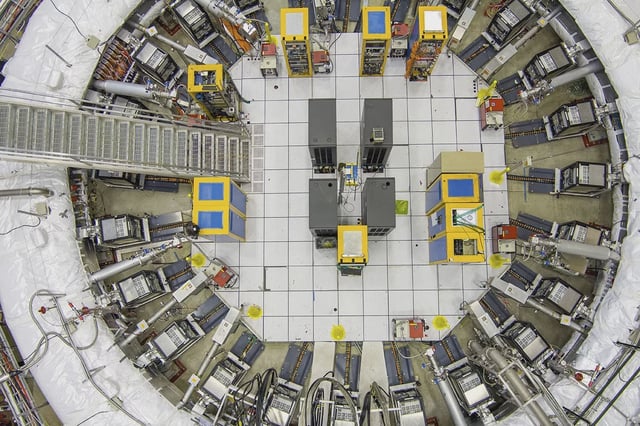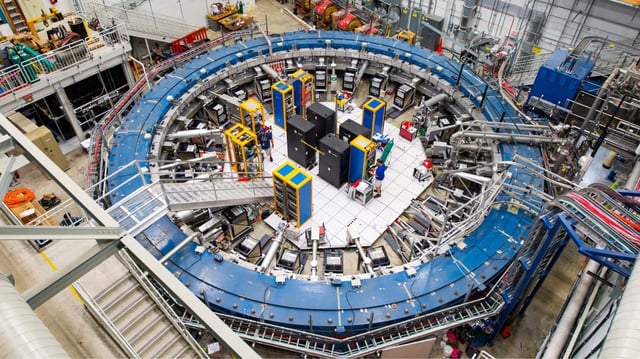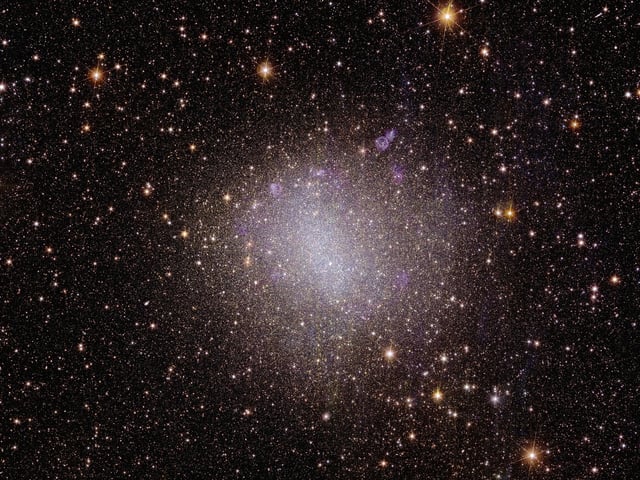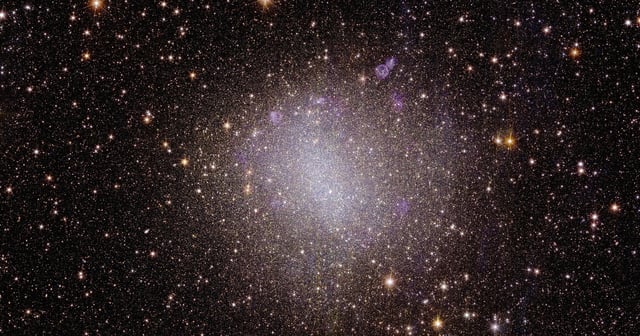Overview
- Fermilab’s Muon g-2 collaboration delivered its final anomalous magnetic moment measurement with 127 parts per billion precision, surpassing its original 140-ppb goal.
- The result, based on data from 2021 to 2023 combined with earlier runs, completes a six-year primary analysis of the muon’s wobble.
- The Muon g-2 Theory Initiative applied lattice QCD calculations to align the Standard Model prediction with the experimental value.
- Agreement between theory and experiment indicates no evidence of physics beyond the Standard Model in the muon’s magnetic anomaly.
- Researchers will mine the existing dataset for further muon properties and anticipate follow-up measurements at Japan’s Proton Accelerator Research Complex in the early 2030s.



